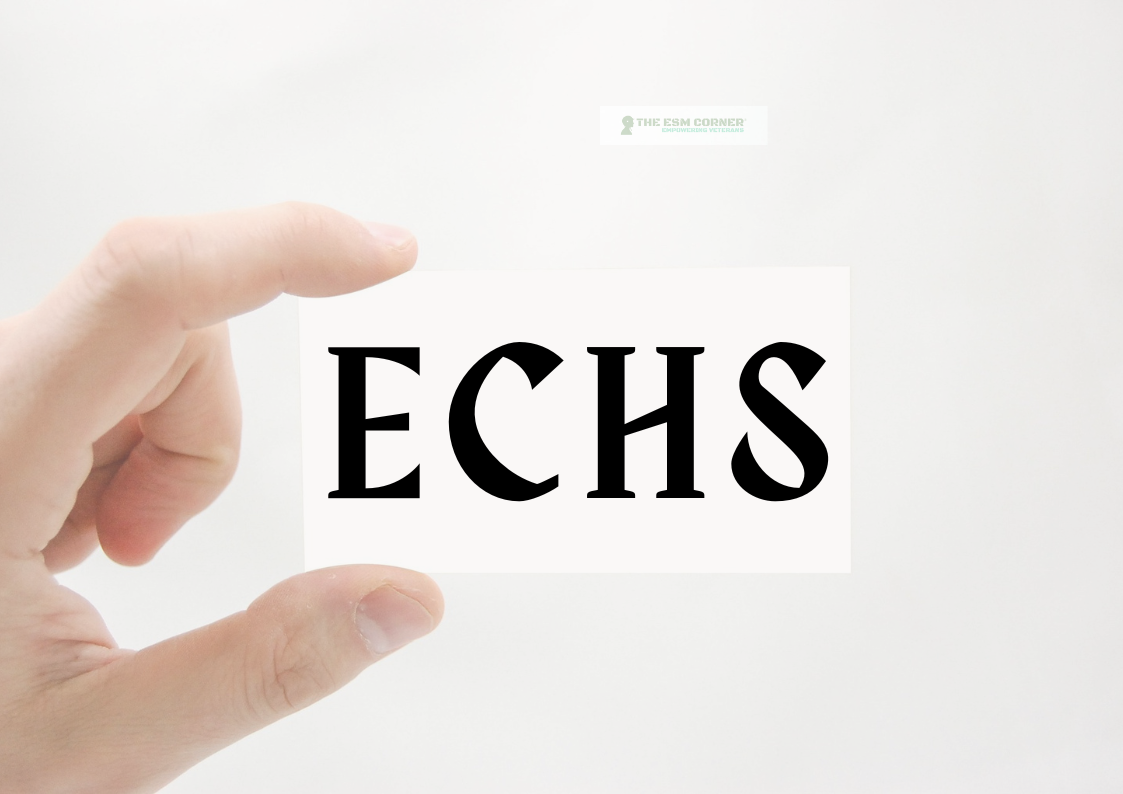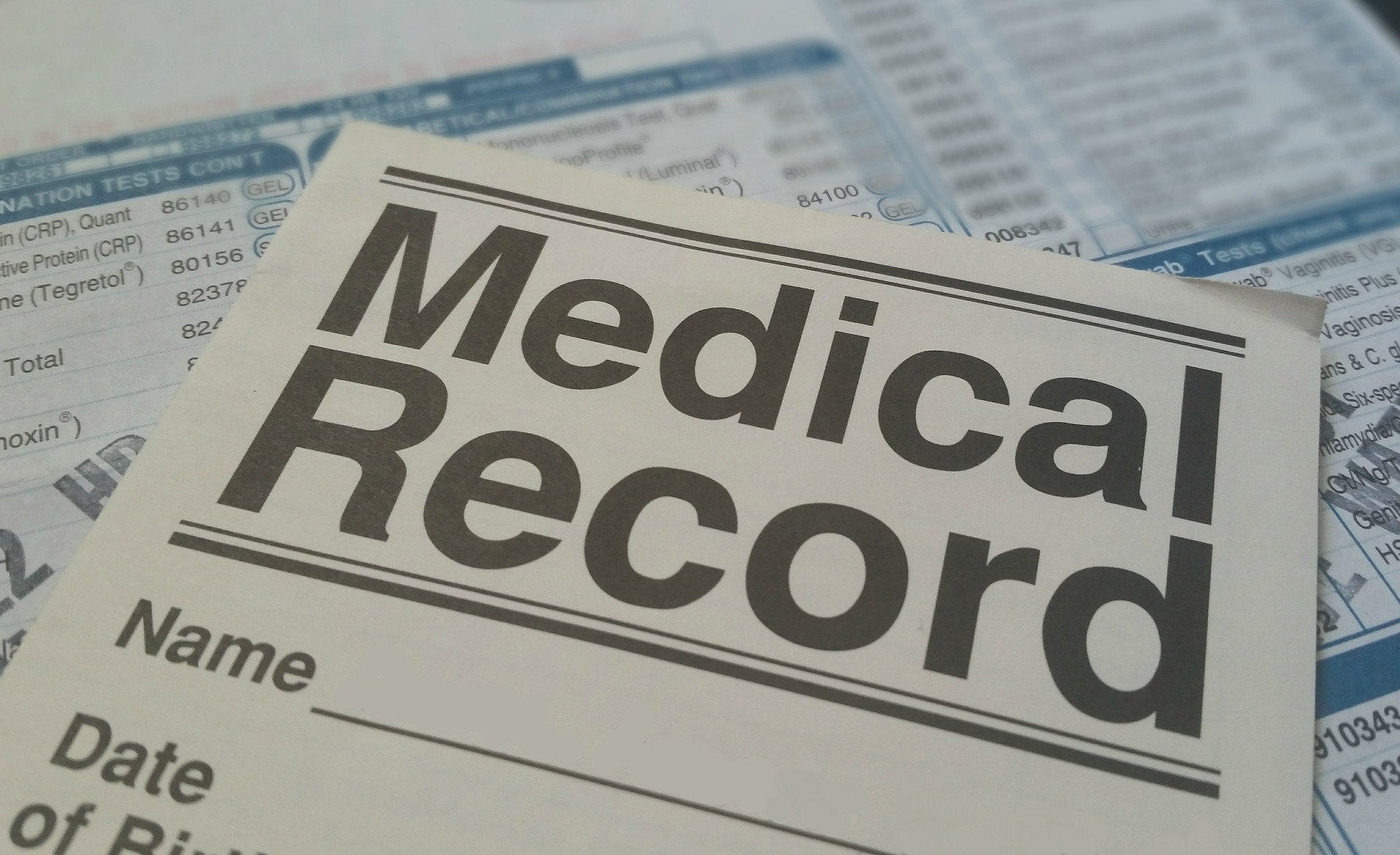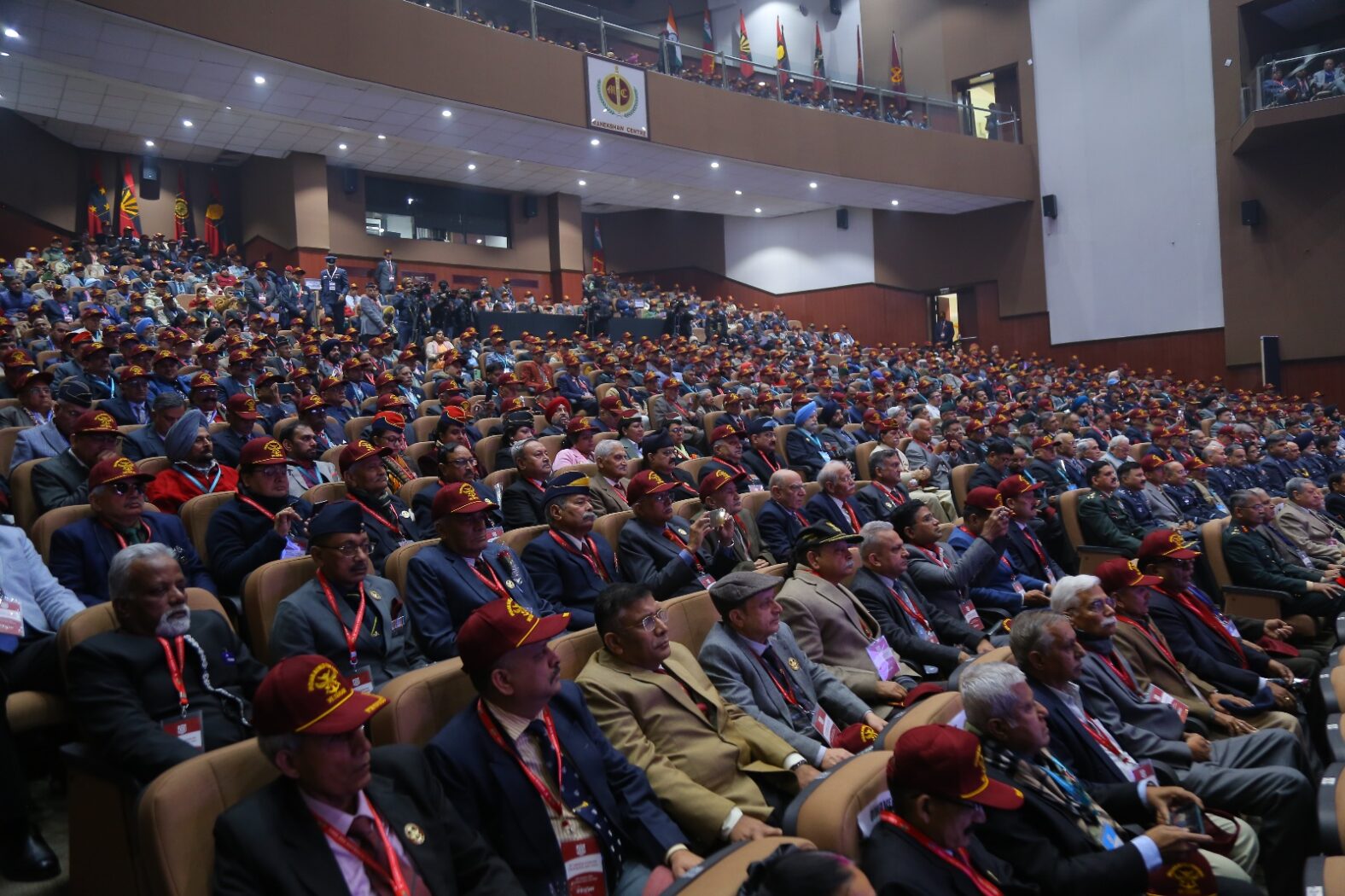

The Ex-Servicemen Contributory Health Scheme (ECHS) is a welfare scheme that provides comprehensive medical care to Ex-Servicemen (ESM), their dependents, and widows. The scheme covers various categories of beneficiaries, including disabled dependents who are covered under the Persons with Disability (PWD) Act 2016. These dependents are eligible to apply for a white card, which entitles them to avail the benefits of ECHS.
A White Card is a type of ECHS Smart Card that is issued to disabled dependents of Ex-Servicemen (ESM) who are covered under the Persons with Disability (PWD) Act 2016 or have special sanction from the Ministry of Defence (MoD). A White Card entitles them to avail the benefits of ECHS. A White Card can be applied online through the ECHS website by following a detailed process that requires verification and approval from various authorities. A White Card is valid for the lifetime of the dependent or until the disability is cured, whichever is earlier.
However, applying for a white card is not a simple process. It requires special sanction from the Ministry of Defence (MoD) and verification from the Central Organisation ECHS.
ECHS Explained: Everything You Must Know About
How to apply for a white card for disabled dependents under ECHS:
Step 1: Check if the dependent is covered under the PWD Act 2016: The PWD Act 2016 defines a person with a disability as someone who has problems with their body, mind, thinking, or senses for a long time. The act also specifies 21 types of disabilities, such as blindness, deafness, autism, cerebral palsy, etc. If the dependent falls under any of these categories, they are covered under the PWD Act 2016 and can apply for a white card.
(The PWD Act 2016 covers 21 categories of disabilities, which are: blindness, low-vision, leprosy-cured persons, hearing impairment (deaf and hard of hearing), locomotor disability, dwarfism, intellectual disability, mental illness, autism spectrum disorder, cerebral palsy, muscular dystrophy, chronic neurological conditions, specific learning disabilities, multiple sclerosis, speech and language disability, thalassemia, hemophilia, sickle cell disease, multiple disabilities including deaf blindness, acid attack victim, and Parkinson’s disease.)
Step 2: Apply for special sanction from the MoD: If the dependent is not covered under the PWD Act 2016, but is suffering from a disability or a critical illness that requires special attention, the ESM can apply for special sanction from the MoD. The ESM has to submit an application to the Central Organisation ECHS with all the supporting documents, such as medical reports, disability certificates, etc. The MoD will examine the case and grant special sanctions if found valid.
Step 3: Apply for the white card online: Once the special sanction is granted by the MoD, the ESM can apply for the white card online through the ECHS website. The ESM has to select disability as a ‘Special Sanction Case’ and upload the examination report issued by the MoD. The application will be verified by the Record Office and the Director of Operations and Coordination (Dir Ops & Coord) of the Central Organisation ECHS. If approved, the white card will be printed and sent to the ESM.
Step 4: Download the offline temporary slip: The ESM can also download an offline temporary slip from the ECHS website after the verification is completed. The temporary slip will be activated once it is signed by the Officer-in-Charge (OIC) of the Parent Polyclinic. The temporary slip will be valid for 64 weeks or until the white card is received, whichever is earlier. The ESM and the dependent have to verify their identity at the time of collecting the temporary slip.
By following these steps, the ESM can ensure that their disabled dependents receive the necessary support and benefits under ECHS. The white card will enable them to access the medical facilities and services provided by ECHS across the country. This is a significant step towards ensuring the well-being and dignity of the disabled dependents of the ESM.
For more information, Ex-Servicemen Contributory Health Scheme beneficiaries can refer to the official ECHS guidelines or contact their respective ECHS Centers. It is important to remember that each case is unique, and the requirements may vary based on individual circumstances. Always consult with the appropriate ECHS authorities for the most accurate and up-to-date information. I hope this article was helpful and informative. Let me know if you need further assistance!
ECHS: How To Change Your Parent Polyclinic Online






[…] How to apply for white card for dependents with disabilities […]